News - Page 11
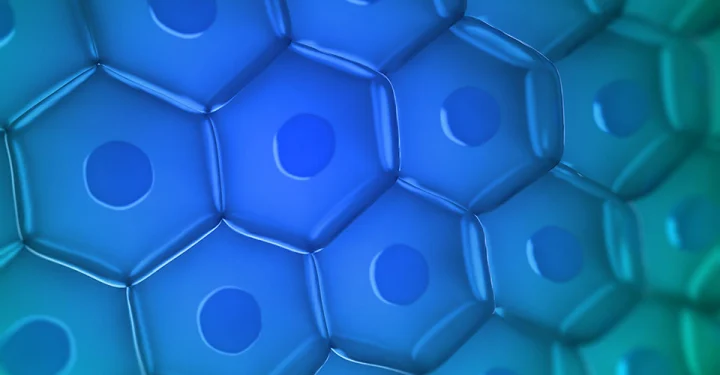
Current cell-based screens are poor models of human biology
Current cell assays for in vitro screening are based on genetically modified cell lines which are crude models of human biology. Typically, these assays have used immortalised cell lines derived from…
Read update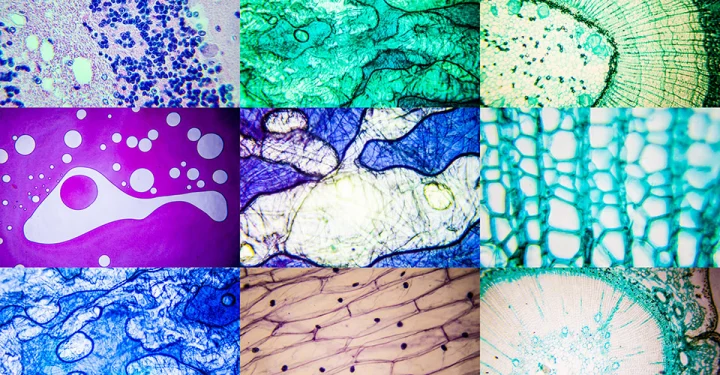
hiPSCs derived cells in disease modelling
These hiPSCs under the right culture conditions will differentiate into a wide range of cell types. This technology enables the supply of unlimited quantities of tissues from healthy individuals…
Read update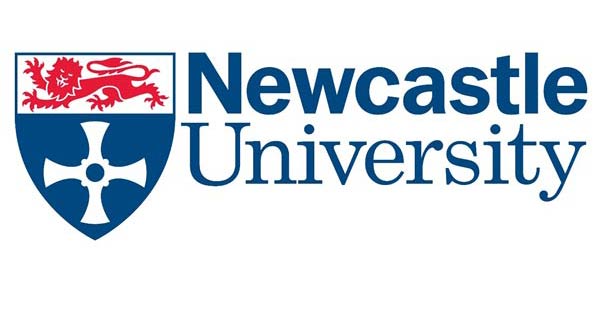
Renal drug handling and drug-drug interactions in ADMET
The assays currently offered are based on human or animal cells transfected to express single or dual human kidney transporters on their surfaces. The major limitation is that they…
Read update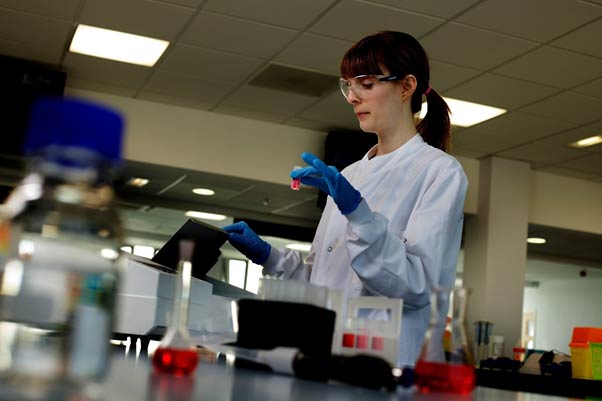
Newcells Biotech joins StemBANCC consortium
Newcells Biotech has joined the StemBANCC project, a pan-EU consortium made up of major pharmaceutical and academe groups. StemBANCC’s goal is to generate 1,500 iPSC lines from 500 people,…
Read update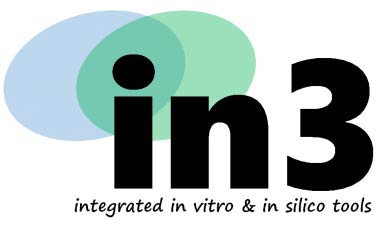
Development of iPSC-derived conducting airways & application to toxicity testing
The in3 project is funded by the EU’s Marie Skłodowska-Curie Action – Innovative Training Network (MSCA-ITN), part of a 3-year project to develop novel ways to assess toxicity for…
Read update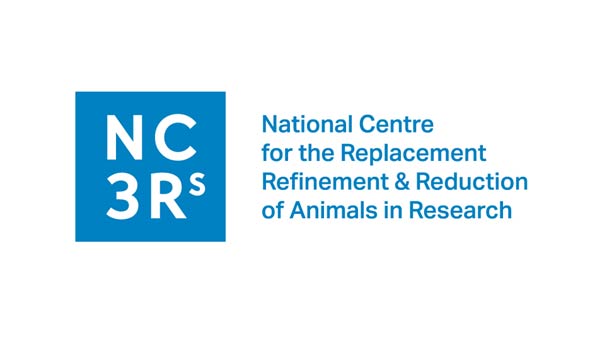
NB to develop a new skin metabolism model using iPSC derived skin cells
Working with academics Prof Mark Birch-Machin and Dr Peter Hanson from the Institute of Cellular Medicine, Newcells is using its expertise in cellular reprogramming and differentiation of iPSCs to…
Read update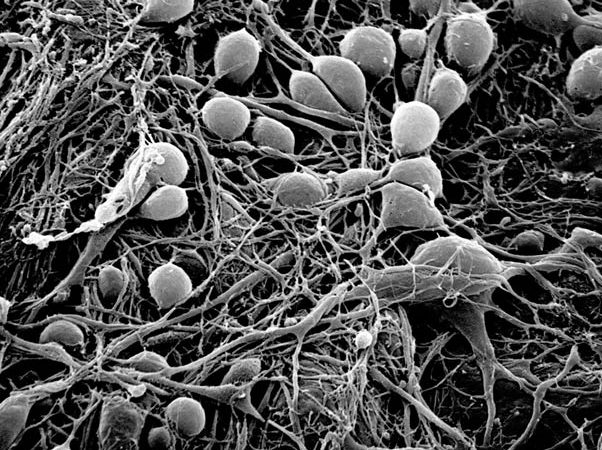
NB completes a licensing agreement with ID Pharma Co. Ltd for induced pluripotent stem cell technologies
The agreement will enable Newcells to develop, manufacture, distribute products and offer services to customers based on reprogramming cells using the CytioTuneTM-iPS kit. Prof Lyle Armstrong, CSO of Newcells Biotech,…
Read update
NB completes a licensing agreement with iPS Academia Japan, Inc. for induced pluripotent stem cell technologies
The agreement will enable Newcells to develop, manufacture, distribute products and offer services to customers in the pharmaceutical, biotechnology and academic sectors in Europe. Dr Mike Nicholds CEO of Newcells…
Read update


